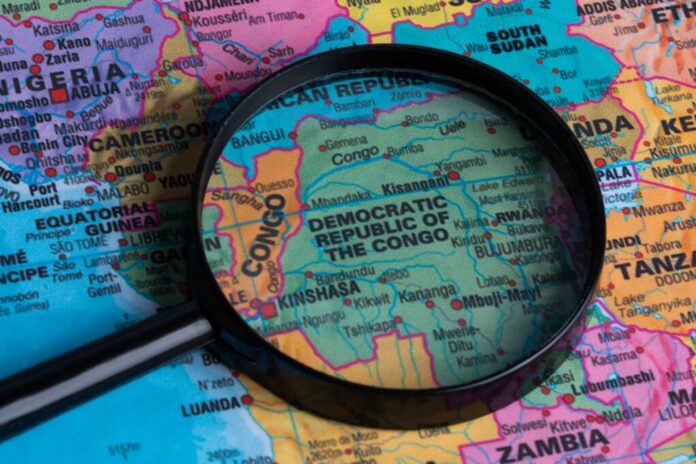
Another deadly Ebola outbreak in Congo exposes the dangerous consequences of international health funding failures.
Story Highlights
- New Ebola outbreak in Congo’s Kasai Province has killed at least 28 people with 81 confirmed cases
- Health officials warn critical funding shortages are hampering containment efforts
- Four healthcare workers have died, crippling local medical response capabilities
- WHO rates national risk as high while seeking international financial support
Outbreak Spreads Rapidly Across Multiple Health Zones
The Democratic Republic of Congo declared an Ebola outbreak on September 4, 2025, after laboratory confirmation of the deadly virus in Kasai Province. Beginning with a pregnant woman admitted to Bulape General Reference Hospital on August 20, the outbreak has spread rapidly across four health zones. The index case died five days after admission from multiple organ failure, triggering a chain of infections that health officials struggle to contain due to inadequate resources and funding.
Current case counts show 81 confirmed infections with 28 deaths, representing a concerning fatality rate of approximately 35 percent. The outbreak has particularly devastated healthcare workers, with at least four medical professionals losing their lives while treating patients. This loss of frontline medical staff severely compromises the region’s already limited capacity to respond effectively to the crisis.
Watch: DR Congo confirms new Ebola outbreak in Kasai Province
Funding Shortages Hamper Critical Response Efforts
Health officials warn that insufficient funding is crippling containment efforts, creating a dangerous situation that could allow the outbreak to spread beyond Congo’s borders. The World Health Organization has assessed the national risk as high and regional risk as moderate, yet international support remains inadequate. Contact tracing efforts have identified 1,180 potential exposures, but resource constraints limit the ability to monitor and treat these individuals effectively.
The funding crisis reflects broader problems with international health emergency response systems that often rely on American taxpayers to fill funding gaps. While Congo’s health ministry coordinates the response with WHO and Africa CDC support, the lack of sustainable financing mechanisms leaves communities vulnerable to repeated outbreaks. This pattern of crisis-driven funding creates inefficiencies and delays that cost lives while placing financial burdens on donor nations.
Historical Pattern Reveals Systemic Vulnerabilities
Kasai Province has experienced multiple Ebola outbreaks, including devastating episodes in 2007 and 2008 that killed hundreds. The region’s remote location, poor infrastructure, and limited surveillance capabilities create ideal conditions for viral emergence and spread. Despite previous experience with Ebola, the current outbreak demonstrates that fundamental improvements in local health systems have not occurred, leaving the same vulnerabilities exposed.
Genomic sequencing indicates this outbreak represents a new zoonotic introduction from an unknown animal source rather than a continuation of previous cases. This finding underscores the ongoing risk of new Ebola emergencies in Central Africa, where human encroachment into wildlife habitats increases contact between people and infected animals. The recurring nature of these outbreaks raises questions about the effectiveness of international aid and whether current approaches actually strengthen local capacity or create dependency.
Sources:
2025 Kasaï Province Ebola outbreak – Wikipedia
WHO Disease Outbreak News
CDC Health Alert Network
WHO’s Update: Ebola Outbreak, Democratic Republic Congo


















